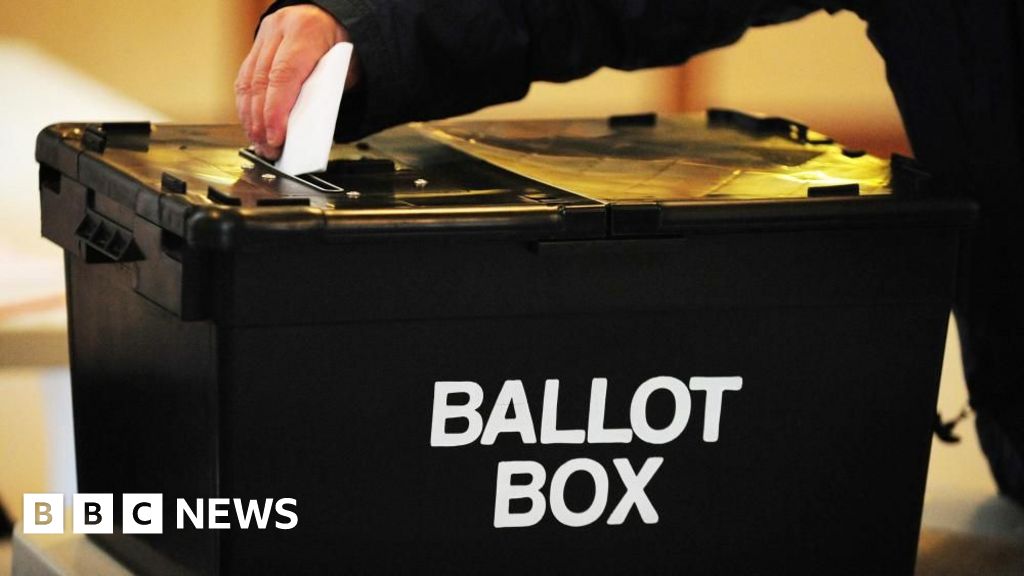ARTICLE AD BOX
Health Secretary Wes Streeting will vote against changing the law on assisted dying, the BBC has confirmed.
Backbench Labour MP Kim Leadbeater has put forward a bill proposing that terminally ill adults nearing the end of their lives get the right to choose to shorten their deaths if they wish.
But in a meeting of Labour MPs on Monday, Streeting said he did not believe the palliative care system was good enough to support assisted dying.
The prime minister has made clear the government will remain neutral on the issue and MPs will be given a free vote.
A similar move was rejected by MPs in 2015, but recent polling has consistently suggested a majority of the public supports a change in the law.
Cabinet ministers have been instructed not to campaign in public on either side of the issue, ahead of a vote on the Terminally Ill Adults (End of Life) Bill on 29 November.
Dozens of Labour MPs are thought to be still undecided about the plans and Streeting's intervention, first reported by The Times, could be especially influential because of his position as the health secretary.
It is also notable because Streeting voted for the legalisation of assisted dying the last time the Commons voted, in 2015 – meaning he has changed his mind.
Last month, he told the Financial Times he was “struggling” with the issue, saying he could “buy into the principle” of assisted dying but was “not sure as a country we have the right end-of-life care available to enable a real choice on assisted dying”.
Streeting is the second cabinet minister in two days to state their intention to vote against changing the law, after Justice Secretary Shabana Mahmood told The Times of her “unshakeable belief in the sanctity and the value of human life” on Tuesday.
Leadbeater has said patients with serious illnesses are suffering “horrible painful deaths” and that “people deserve a choice”.
Her bill would restrict assisted dying to terminally ill patients, and would require two doctors and a judge to sign it off. But opponents say there are still serious concerns about safeguards.
Earlier this month, Baroness Tanni Grey-Thompson told the BBC she was worried about the impact on vulnerable and disabled people, as well as the possibility of coercive control and the ability of doctors to predict how long a patient has left to live.
Assisted dying is generally used to describe a situation where someone who is terminally ill seeks medical help to obtain lethal drugs which they administer themselves.
Assisted suicide - intentionally helping another person to end their life - is currently banned in England, Wales and Northern Ireland, with a maximum prison sentence of 14 years.
The bill would cover England and Wales, where - like Northern Ireland - assisting someone to ending their life is against the law.
In Scotland - where it is not a specific criminal offence but can leave a person open to a murder charge - a bill is currently being considered that, if passed, would give terminally ill adults the right to request help to end their life.

 5 months ago
32
5 months ago
32








 English (US) ·
English (US) ·